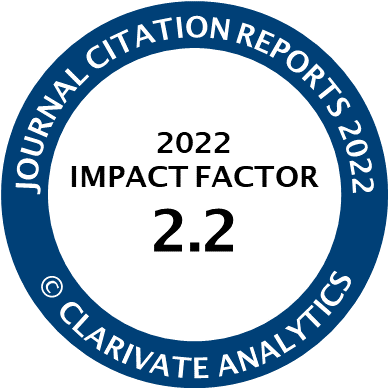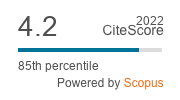Article | Open Access
The European Investment Bank’s ‘Quantum Leap’ to Become the World’s First International Climate Bank
| Views: | 1543 | | | Downloads: | 1223 |
Abstract: In November 2019, the European Investment Bank (EIB) announced its ‘metamorphosis’ into a ‘Climate Bank.’ Associated with the EU’s Green Deal, presented a month later, the EIB claimed to be the first international climate bank and a front runner in the EU’s priority climate agenda. The EIB is mandated through the treaties to support EU policymakers. However, with its ‘makeover,’ the EIB also announced the launch of a new climate strategy and energy lending policy, ending fossil fuel financing after 2021. It is thus valuable to examine the question of whether the EIB has developed into a policymaker, and if so, how this can be best understood. In exploring this question, this article follows a principal-agent approach, attempting to discern the rational interests behind organisational rhetoric and posits that the EIB’s claimed transformation hints at a type of policymaking activism, exploiting a policy window to serve the EIB’s rational interests in a strained political and market contest. This represents a paradigm shift in the EIB’s institutional behaviour and rhetoric within the EU governance constellation and is, in fact, in this sense a ‘quantum leap’ as suggested by the EIB. However, it remains to be seen if the bank’s metrics will prove a bold departure from their current activity or simply another adaptation to a policy field of intense interest to the EU, as has occurred on several occasions in the past.
Keywords: climate change; climate finance; European governance; European Green Deal; European Investment Bank; European Union
Published:
© Helen Kavvadia. This is an open access article distributed under the terms of the Creative Commons Attribution 4.0 license (http://creativecommons.org/licenses/by/4.0), which permits any use, distribution, and reproduction of the work without further permission provided the original author(s) and source are credited.




